Links and Legacy 400 Year Commemoration
The first vessel carrying Black Africans to North America is believed to have landed in Virginia in August 1619. This was, in effect, the beginning of the transatlantic trade in human beings and forced relocation of Africans to the Caribbean and the Americas. The Africans did not choose to go. Rather, they were captured and sold as commodities. This Dutch venture of 1619 was akin to the practice already established in the UK, where poor, vulnerable, and sometimes convicted English people were removed to the Americas. This removal of “excess” human beings was advance by Francis Bacon and adopted by the English government in 1609. According to that policy, forced emigration had “a double commodity, in the avoidance of people here, and then making use of them there. [E. Williams, 10]
This mercantile policy of the forced relocation of people from Great Britain and Ireland to the Americas was to be succeeded by the English commercial venture we call the Trans-Atlantic Slave Trade, bringing millions of Africans to the Americas and the Caribbean. At its height, several cities in Europe, including Belfast, played a role, benefitted, and claimed reparation/compensation.
The loss of knowledge or loss of social memory of those connections robs the present generation of important lessons, since we carry in our communities the unearthed stories of that poignant past.
The Links and Legacy Project is an undertaking to explore the links that Northern Ireland has to the Transatlantic Slave Trade and to identify the legacies associated with those links. This investigation will help us to tell that story with greater accuracy and to consider what it means for learning and integration in Northern Ireland.
This project is taking place in the Decade of People of African Descent, January 2015 to December 2024. In launching this decade, the UN used the theme of the decade, “People of African Descent: recognition, justice and development”, to focus minds on some of the issues to be addressed. Given the history of the connections of Belfast in particular Northern Ireland in general, we see it as necessary to highlight the injustices associated with that forced relocation and to develop an informed reckoning with the past and a respectful attitude to the presence of people of Africa and the African Diaspora here in Northern Ireland.
We recall the past as one of the strategies to arm ourselves against similar catastrophes from reoccurring. It must therefore not be overlooked that elements of slavery still exist in this modern era, for example, human trafficking, child labour, forced labour, and racism. To deal with inequality, our outcomes aim to promote learning through research, community conversations, and training. We must never forget that, “All human beings are born free and equal in dignity and rights. They are endowed with reason and conscience and should act towards one another in a spirit of brotherhood.” [Article 1, Universal Declaration of Human Rights]
The Links and Legacy Project is hosted by the African and Caribbean Organisation of Northern Ireland (ACSONI), supported by the National Heritage Lottery Fund.
List of participating Organisations include:
- Linen Hall Library
- Belfast Charitable Society (Clifton House)
- Public Records Office of Northern Ireland (PRONI)
- Titanic Centre, Belfast
- Movement for Justice & Reconciliation (MJR)
- Institute of Black Atlantic Studies (IBAR)
- The University of Central Lancashire (Professor Alan Rice)
- Queen University ( History Dept ) – Volunteers
- St Anne’s Cathedral Belfast
- Place of Victory ( PVN)
- SRCF ( Sandy Row Community Forum )
- Collective of African and Caribbean Groups













#MakeNIRacismFreeZone
The world watched in horror to see racism at work as #GeorgeFloyd was murdered in the most horrific way by a US policeman. The #blacklivesmatter movement triggered a worldwide response and people from all over the world not only stood against this brutal act but also triggered an outcry against systemic racism in other countries across the world.
Here in Northern Ireland thousands of people protested and stood together against all forms of racism locally. The black community experiences social disadvantages and finds themselves vulnerable because of racism and increased xenophobia. We have seen more and more from people reporting to ACSONI Centre suffering abuses from their places of work, students affected in their schools, some suffered racist bullying online ( social media), as well as in their communities. It is evident that there is so much to be done.
As a society, we need to be honest with ourselves and admit that we are all working with a broken system and we need to make every effort to work together to fix it. ACSONI has been doing its part to deal with the overwhelming number of reports & has been working tirelessly to build good relations across communities. ACSONI depends on unsecured competitive annual funding and has been struggling from year to year to do this very important work. Please join our cause by supporting ACSONI to build a better and racism-free zone in Nothern Ireland.
